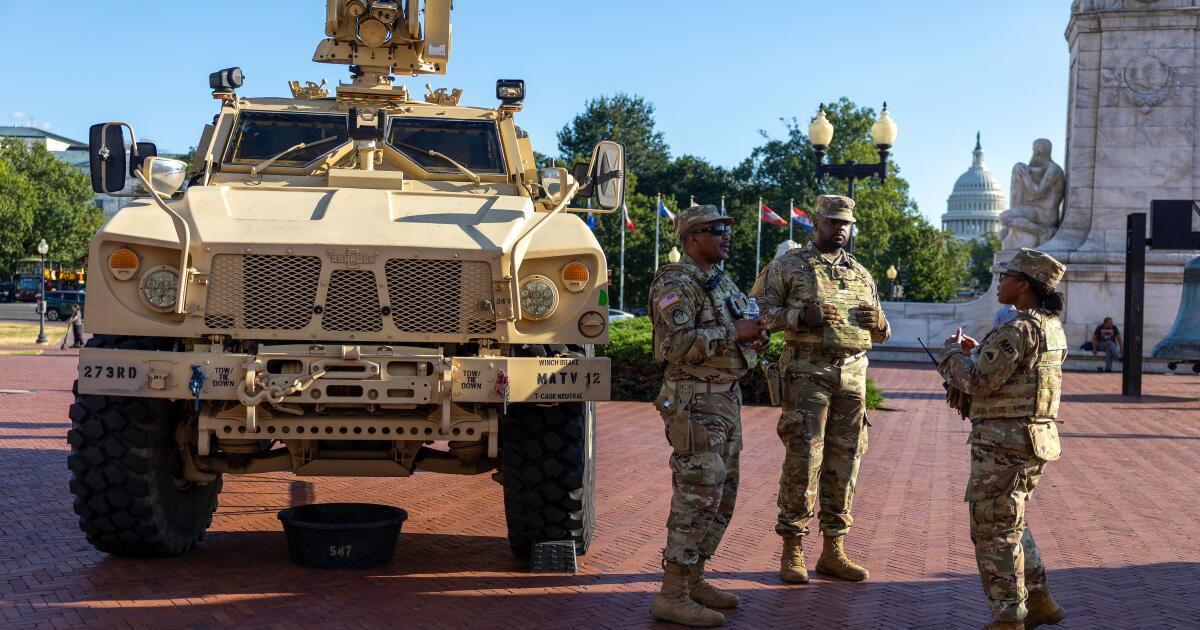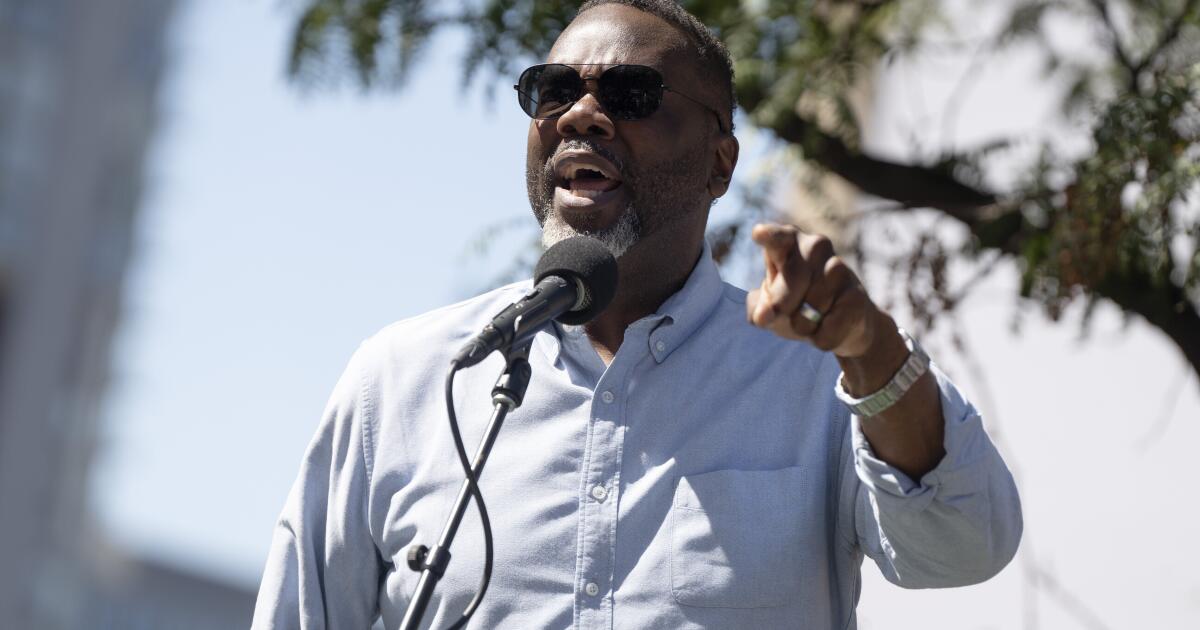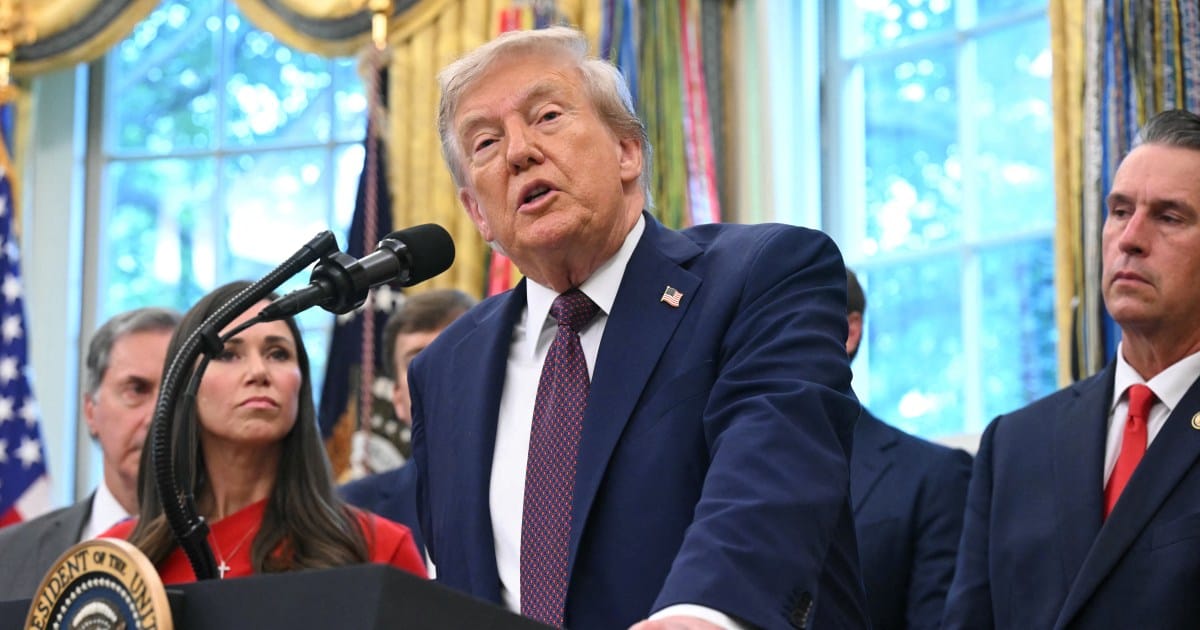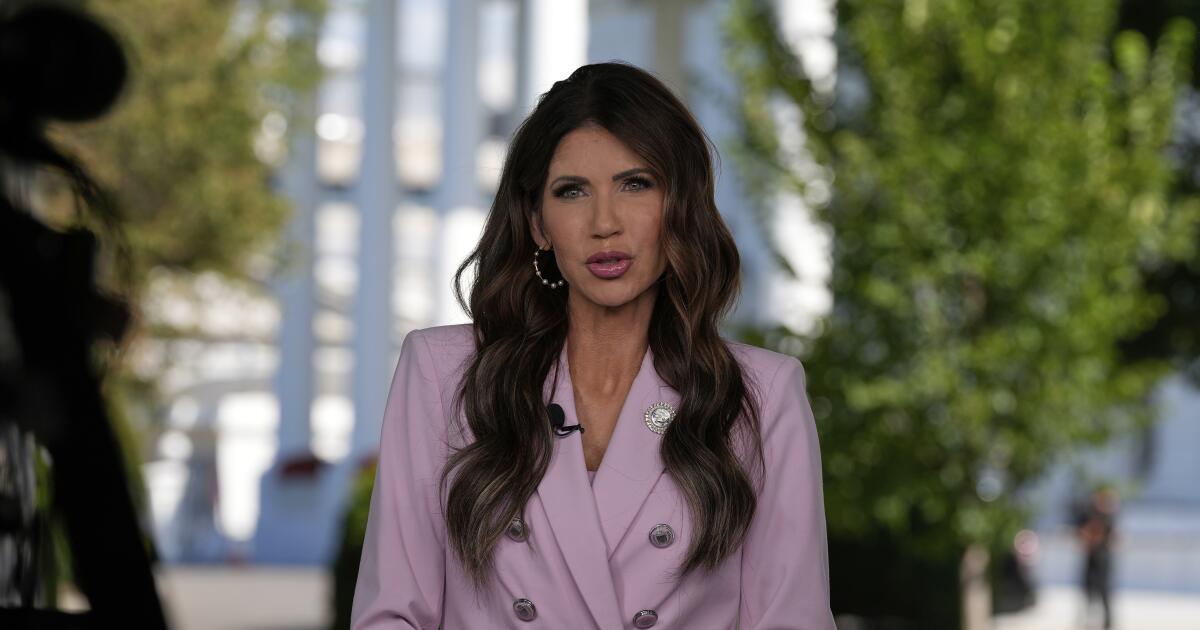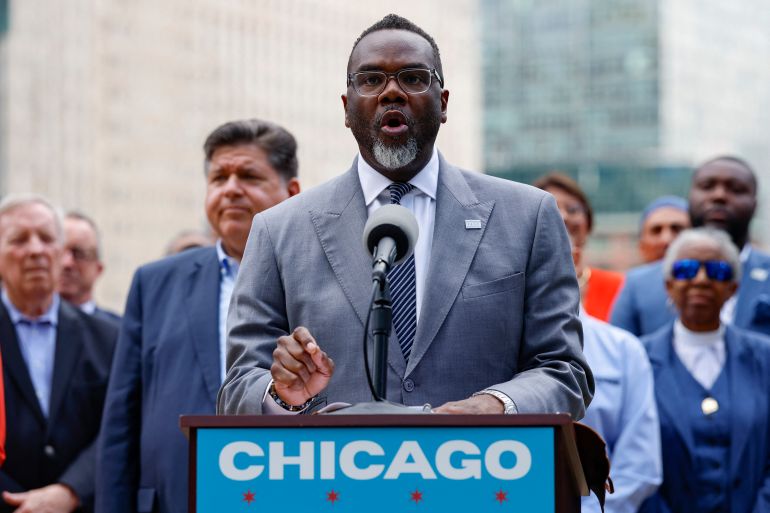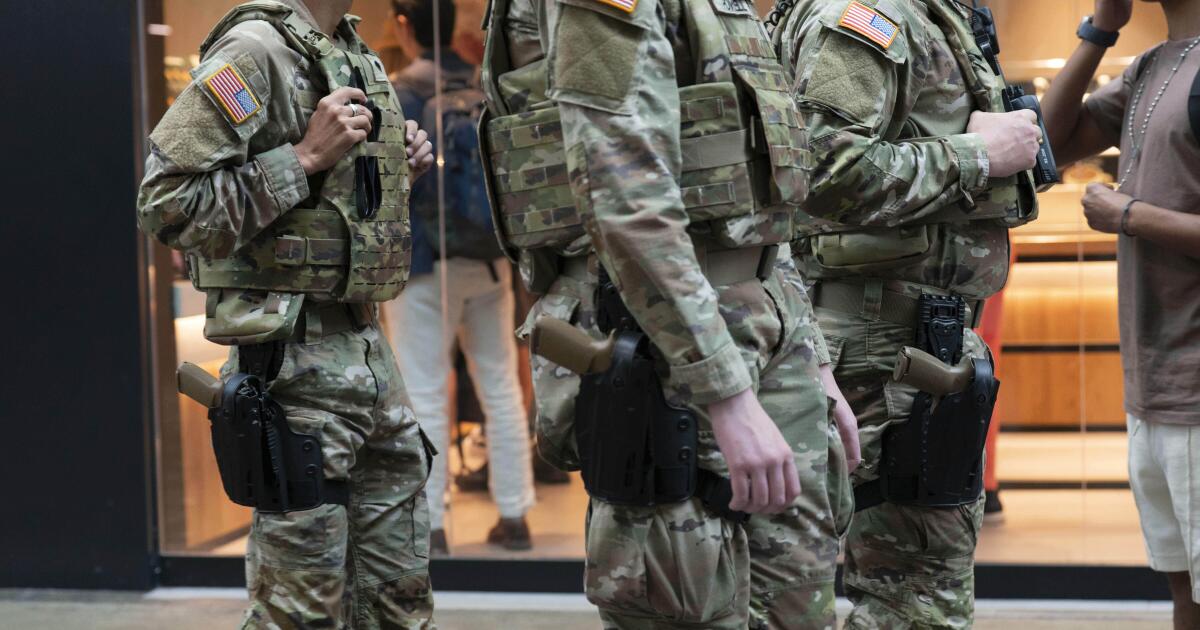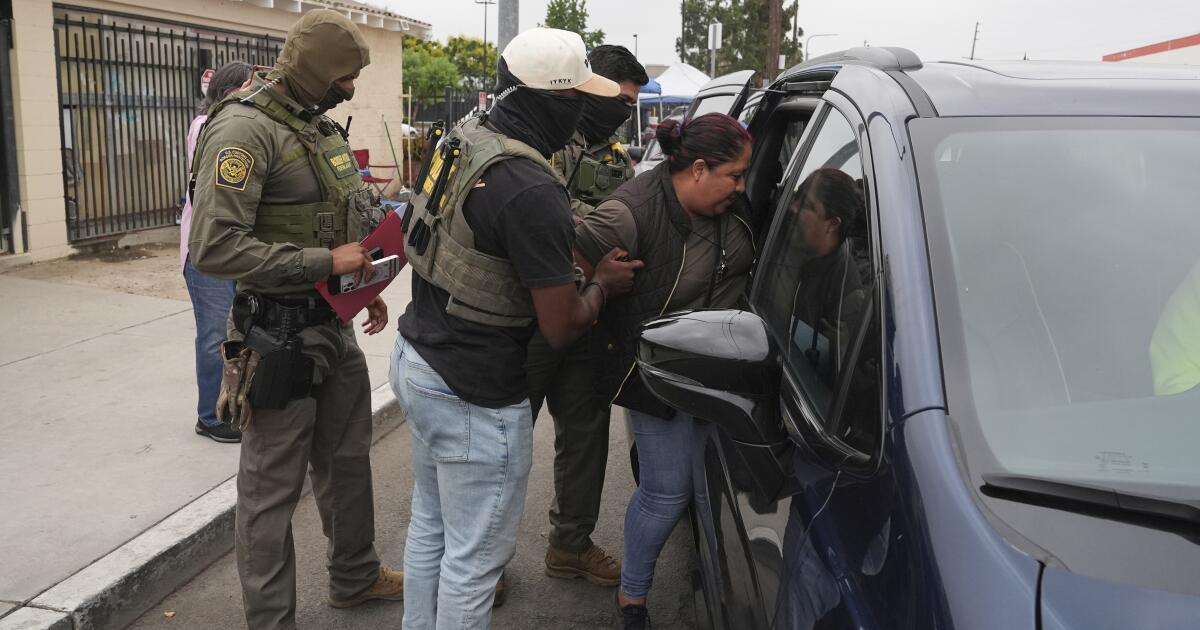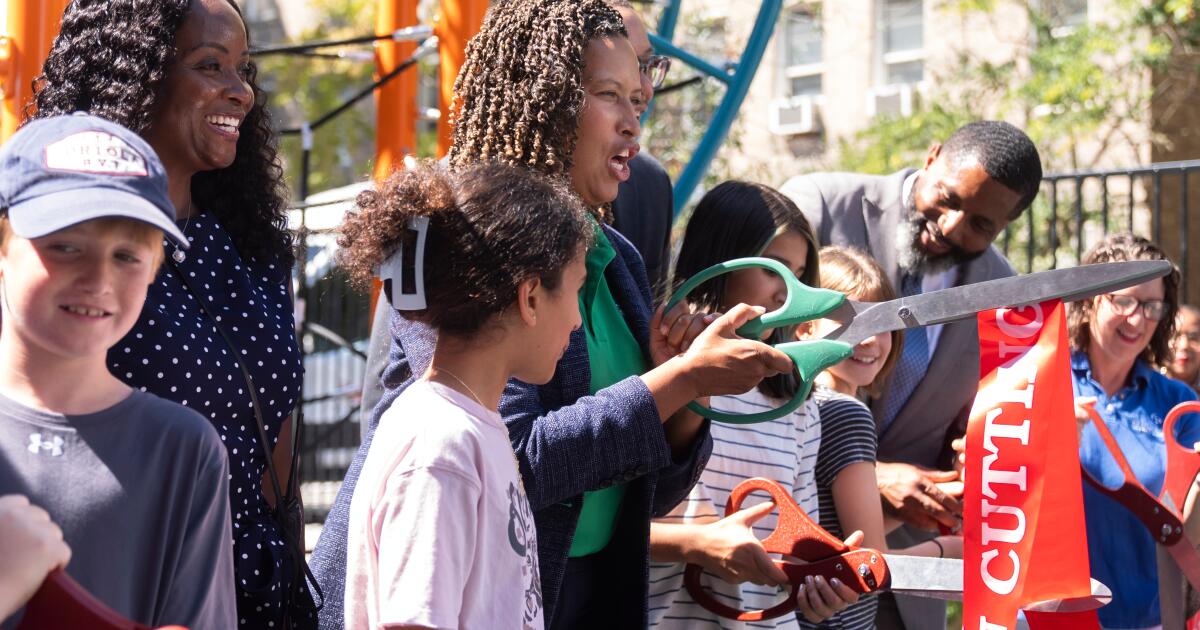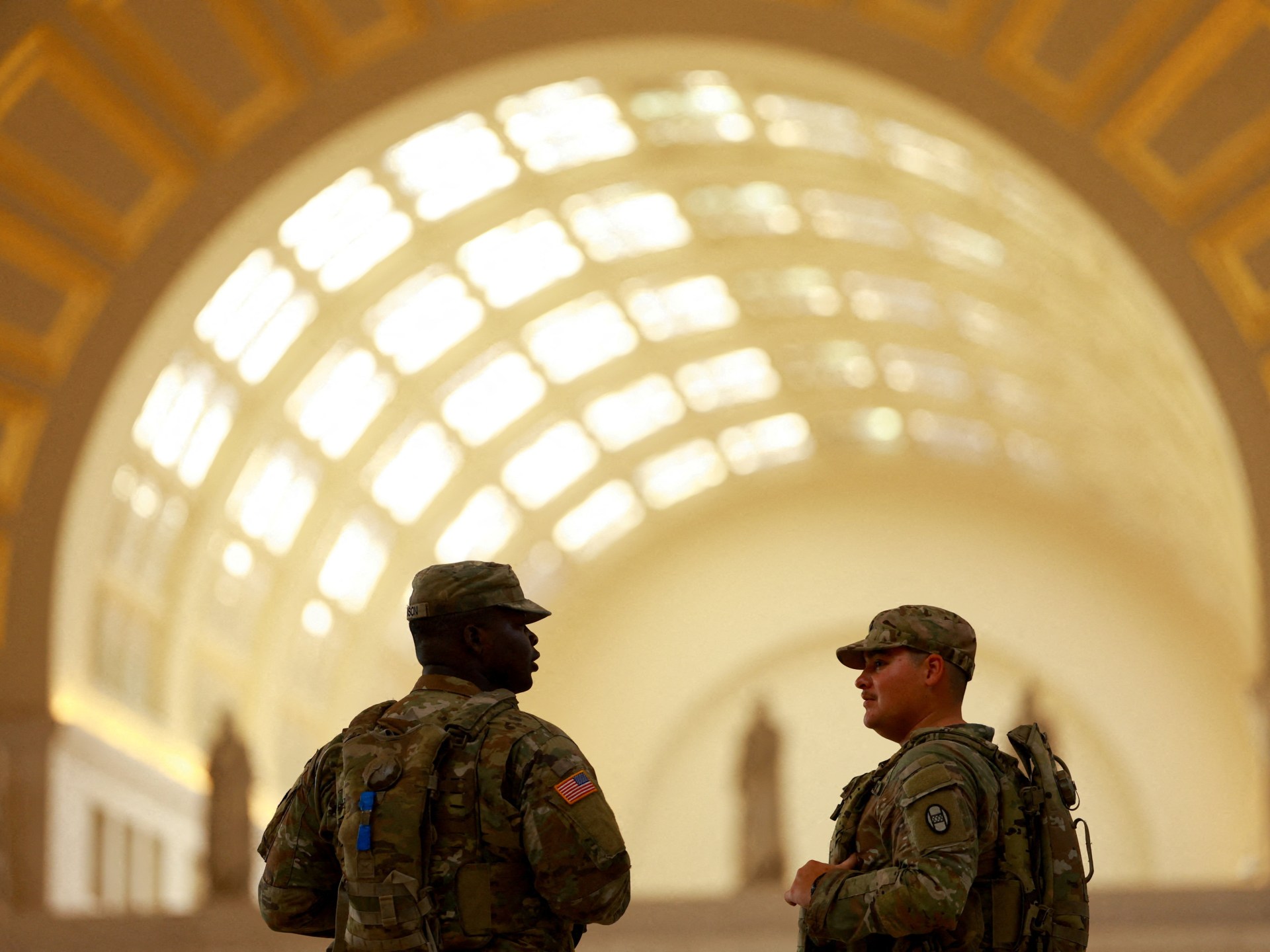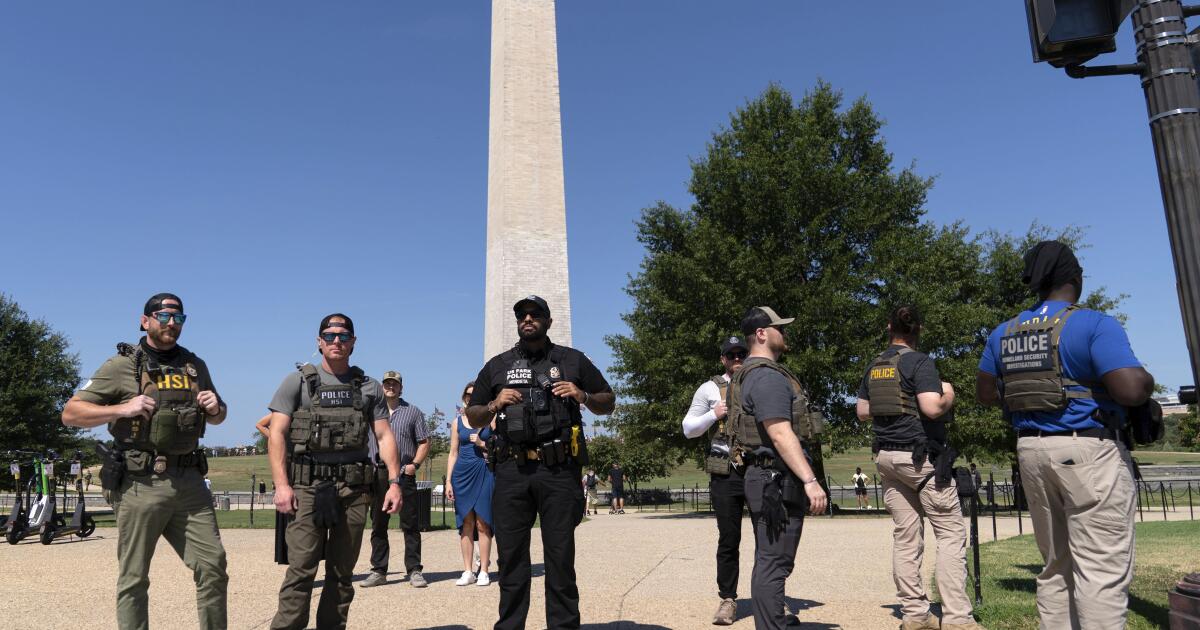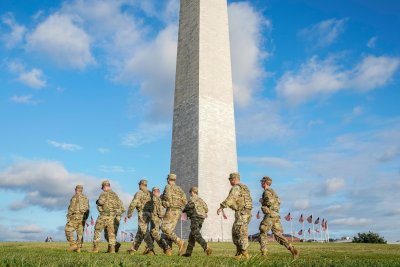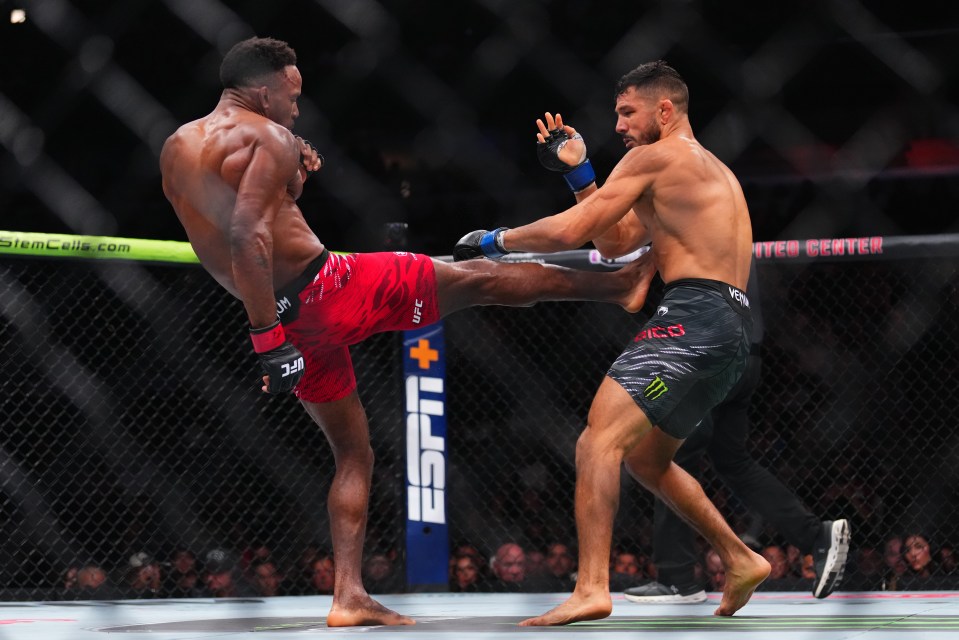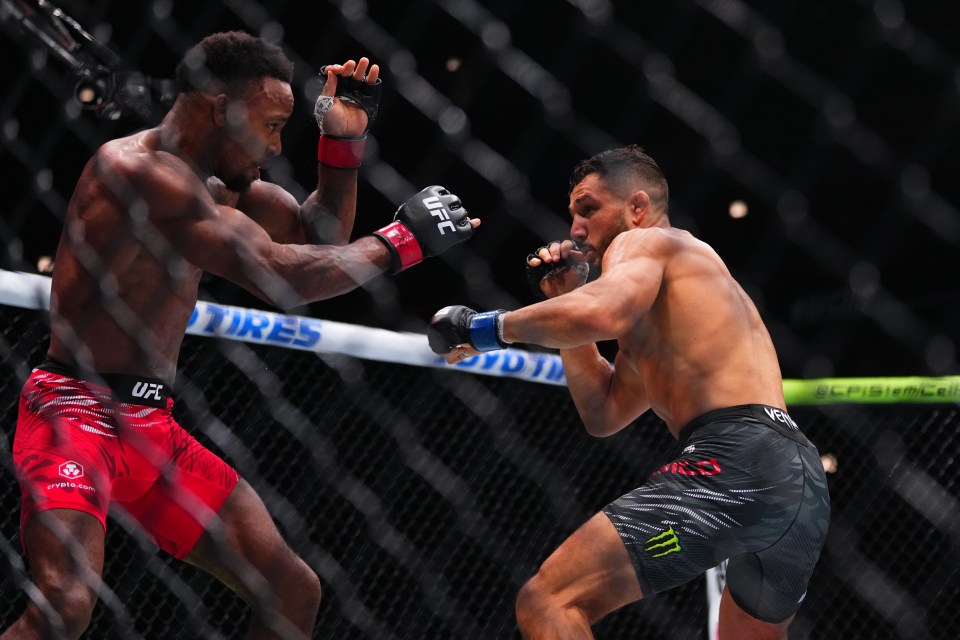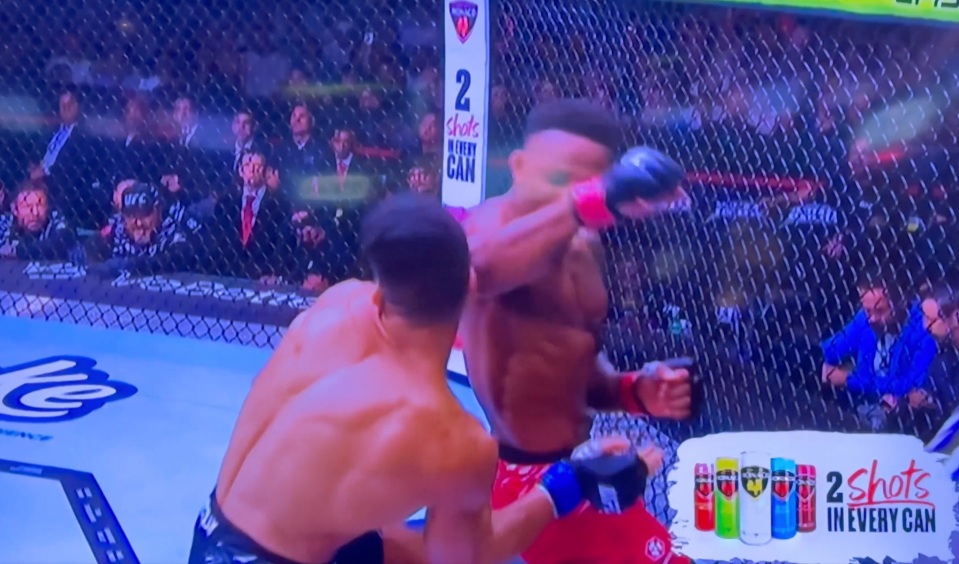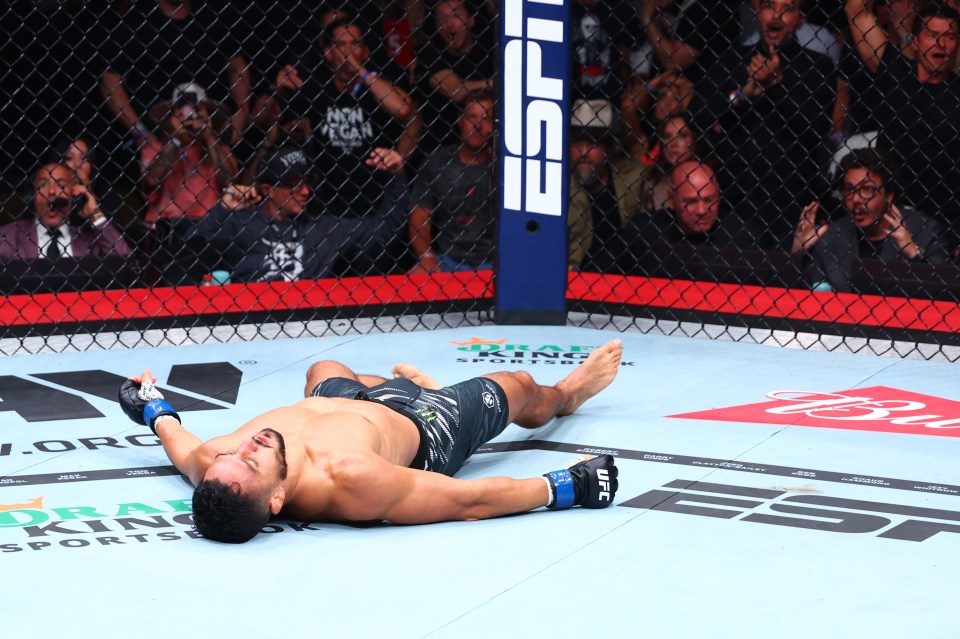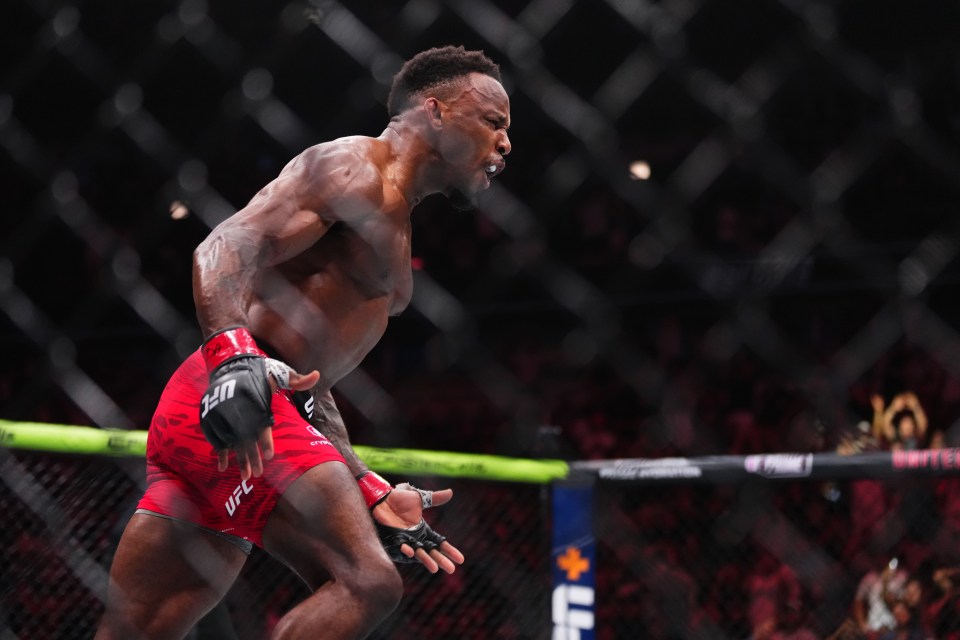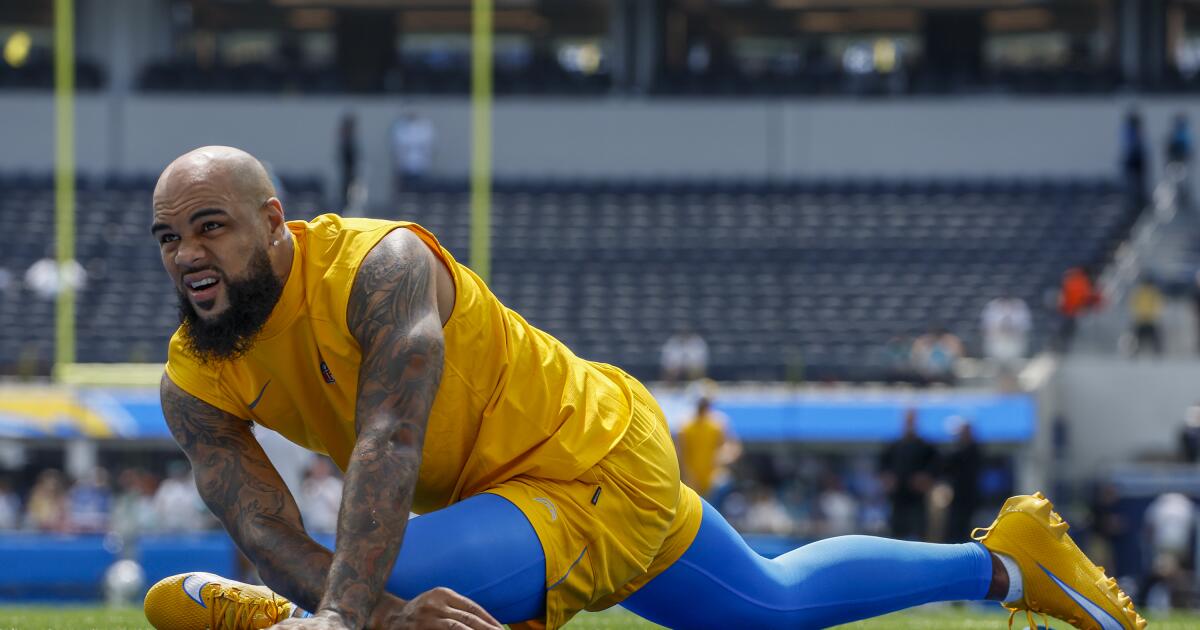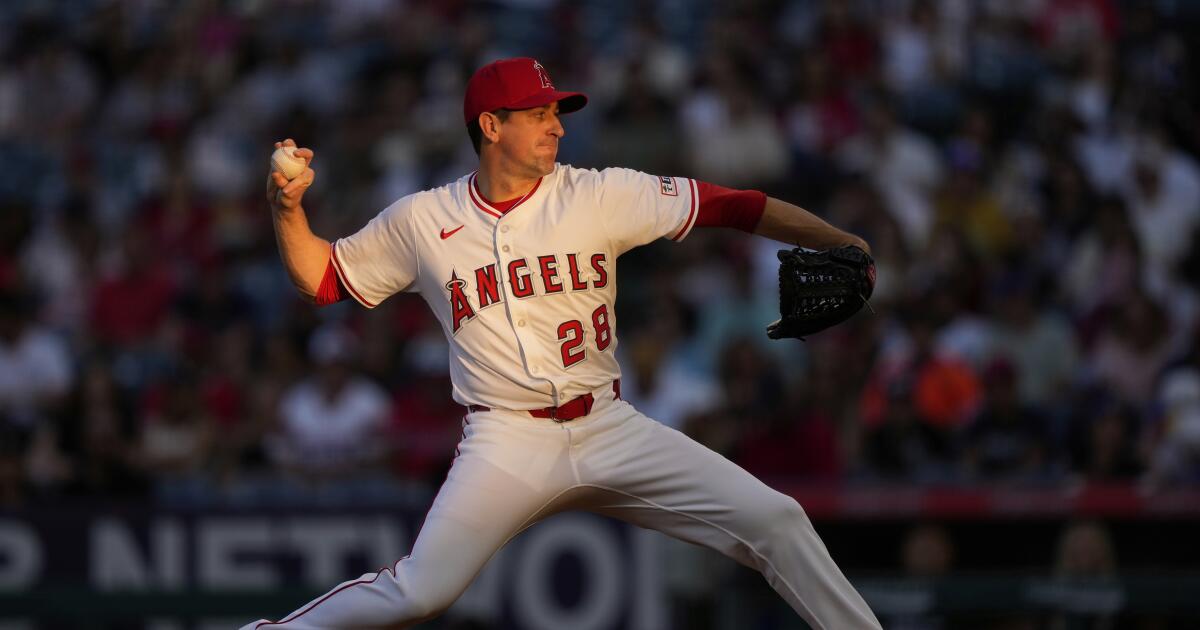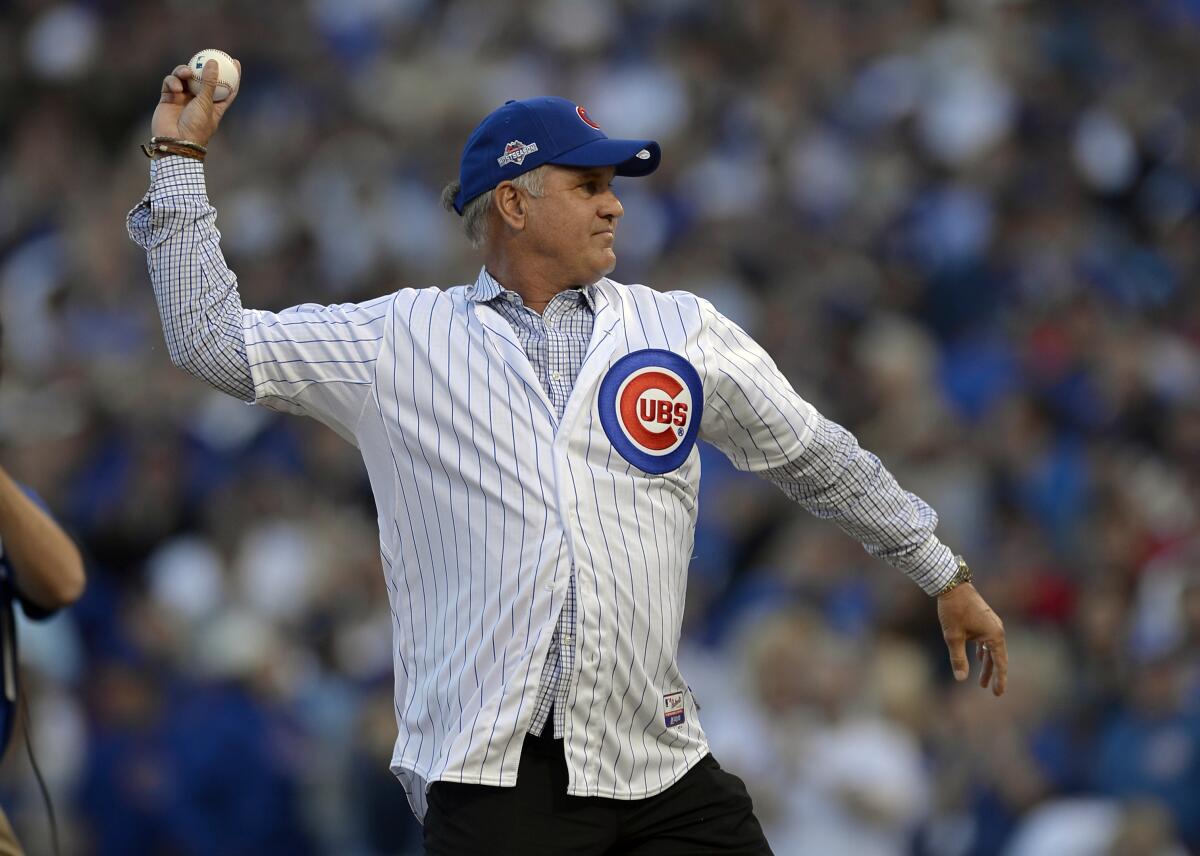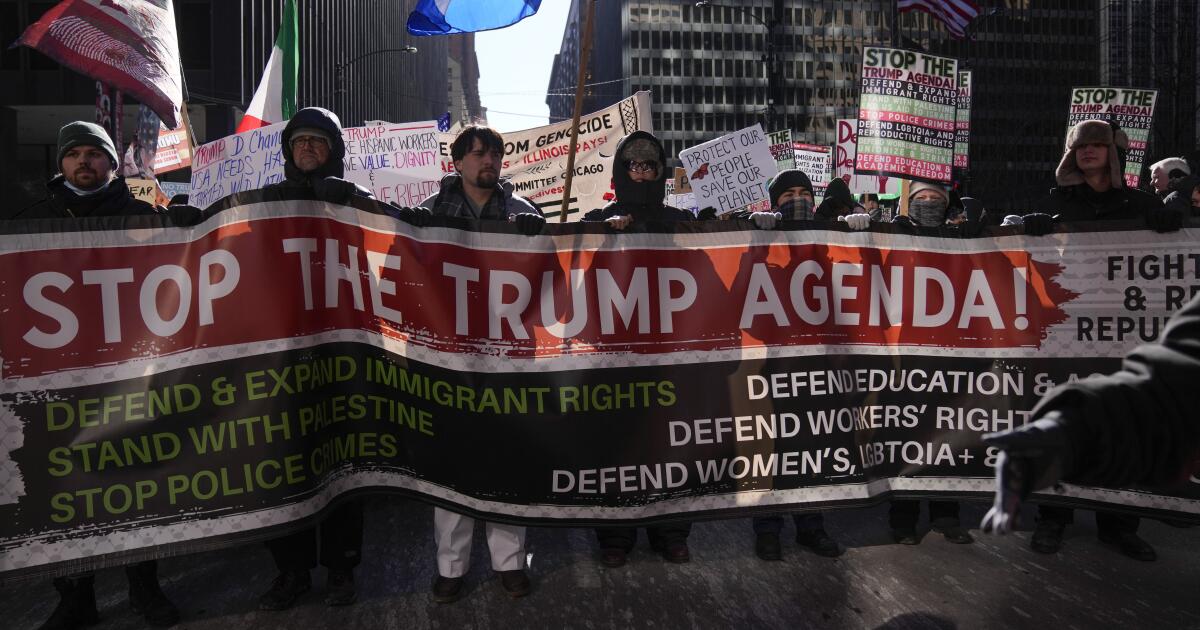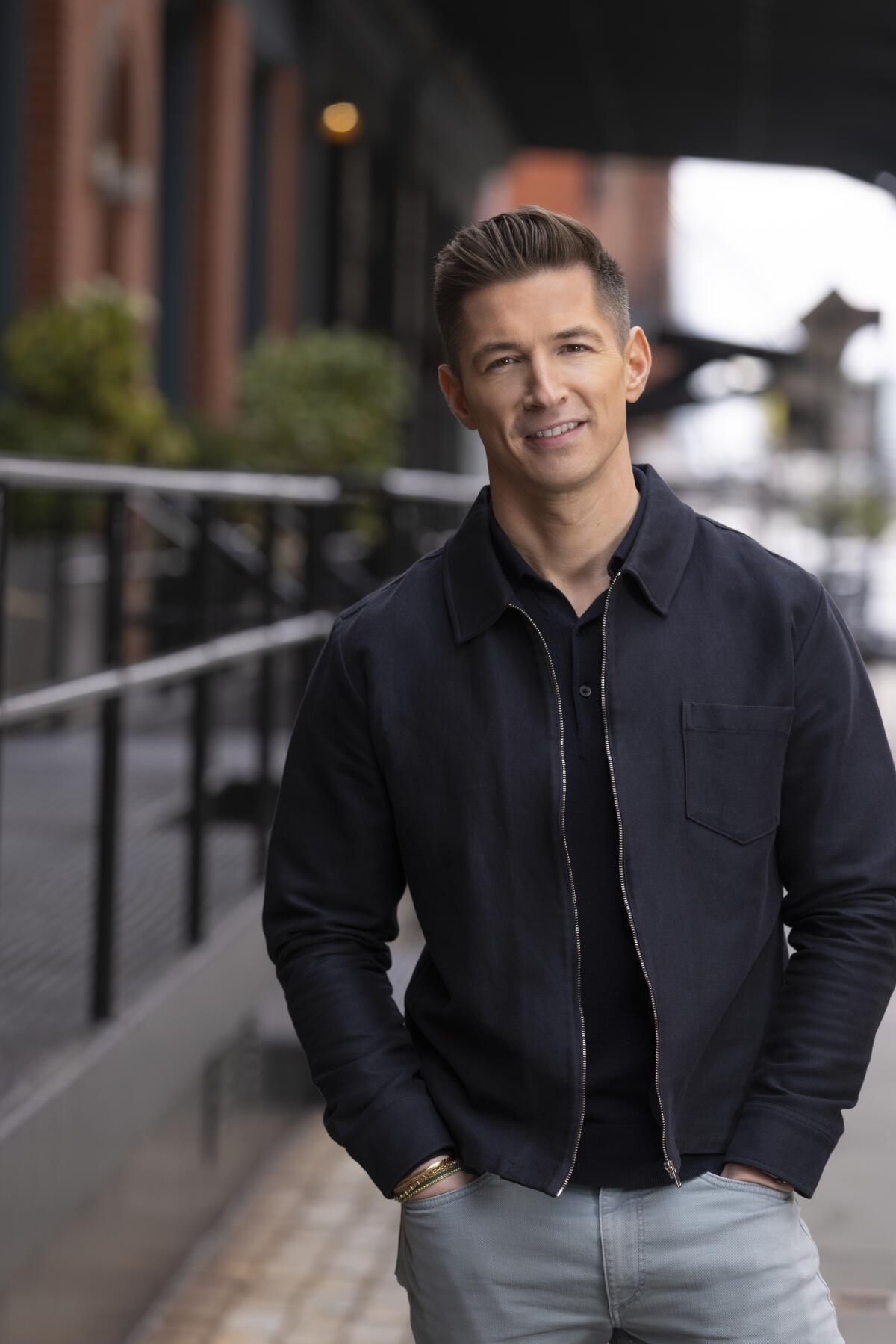Contributor: America wants Trump to fight crime
Donald Trump’s recent floated proposal to deploy the National Guard to crime-overrun blue cities like Chicago and Baltimore has been met with howls of outrage from the usual suspects. For many liberal talking heads and Democratic officials, this is simply the latest evidence of Trump’s “authoritarianism.” But such specious analysis distracts from what all parties ought to properly focus on: the well-being of the people who actually live in such crime-addled jurisdictions.
What’s remarkable is not just the specific policy suggestion itself — after all, federal force has been called in, or sent in, to assist state-level law enforcement plenty of times — but rather how Trump is once again baiting his political opponents into defending the indefensible. He has a singular talent for making the left clutch onto wildly unpopular positions and take the wrong side of clear 80-20 issues. It’s political jiu-jitsu at its finest.
Crime in cities like Chicago and Baltimore isn’t a right-wing fever dream. It’s a persistent, documented crisis that continues to destroy communities and ruin lives. Chicago saw nearly 600 homicides in 2024 alone. In Baltimore, despite a recent downtick, violent crime remains exponentially higher than national averages. Sustained, decades-long Democratic leadership in both cities has failed, time and again, to secure even a minimum baseline level of safety for residents — many of whom are Black and working-class, two communities Democrats purport to champion.
Trump sees that leadership and quality-of-life vacuum. And he’s filling it with a popular message of law and order.
Trump’s proposal to deploy the National Guard isn’t the flight of fancy of a would-be strongman. It’s federalism functioning as the founders intended: The federal government must step in, per Article IV of the Constitution, when local governance breaks down so catastrophically that the feds are needed to “guarantee … a republican form of government.” Even more specifically, the Insurrection Act of 1807 has long been available as a congressionally authorized tool for presidents to restore order when state unrest reaches truly intolerable levels. Presidents from Jefferson to Eisenhower to Bush 41 have invoked it.
Trump’s critics would rather not have a conversation about bloody cities like Chicago — or the long history of presidents deploying the National Guard when local circumstances require it. They’d rather scream “fascism” than explain why a grandmother on the South Side of Chicago should have to dodge gang bullets on her way to church. They’d rather chant slogans about “abolishing the police” than face the hard fact that the communities most devastated by crime consistently clamor for more law enforcement — not less.
This is where Trump’s political instincts shine. He doesn’t try to “win” the crime debate by splitting the difference with progressives. He doesn’t offer a milquetoast promise to fund “violence interrupters” or expand toothless social programs. He goes right at the issue, knowing full well that the American people are with him.
Because they are. The public has consistently ranked crime and safety among their top concerns; last November, it was usually a top-five issue in general election exit polling. And polling consistently shows that overwhelming majorities — often in the 70-80% range — support more police funding and oppose the left’s radical decarceration agenda. Democrats, ever in thrall to their activist far-left flank, are stuck defending policies with rhetoric that most voters correctly identify as both dangerous and absurd.
Trump knows that when he floats these proposals, Democrats and their corporate media allies won’t respond with nuance. They’ll respond with knee-jerk outrage — just as they did in 2020, when Trump sent federal agents to Portland to stop violent anarchists from torching courthouses. The media framed it as martial law; sane Oregonians saw it as basic governance.
This dynamic plays out again and again. When Trump highlights the border crisis and the need to deport unsavory figures like Mahmoud Khalil and Kilmar Abrego Garcia, Democrats defend open borders. When Trump attacks gender ideology indoctrination in schools, Democrats double down on letting teachers hide children’s gender transitions from parents. When Trump condemns pro-Hamas rioters in American cities, Democrats can’t bring themselves to say a word of support for Israel’s war against a State Department-recognized foreign terrorist organization. When Trump signs an executive order seeking to prosecute flag burning, Democrats defend flag burning.
On and on it goes. By now, it’s a well-established pattern. And it’s politically devastating for the left. Moreover, the relevant history is on Trump’s side. This sort of federal corrective goes back all the way to the republic’s origins; those now freaking out might want to read up on George Washington’s efforts to quash the Whiskey Rebellion in 1794.
Call it the art of the 80-20 issue. Along with his sheer sense of humor, Trump’s instinctual knack for picking such winning battles is one of his greatest political assets. And this time, the winner won’t just be Trump himself — it will be Chicagoans and Baltimoreans as well.
Josh Hammer’s latest book is “Israel and Civilization: The Fate of the Jewish Nation and the Destiny of the West.” This article was produced in collaboration with Creators Syndicate. @josh_hammer
Insights
L.A. Times Insights delivers AI-generated analysis on Voices content to offer all points of view. Insights does not appear on any news articles.
Viewpoint
Perspectives
The following AI-generated content is powered by Perplexity. The Los Angeles Times editorial staff does not create or edit the content.
Ideas expressed in the piece
-
The author argues that Trump’s proposal to deploy National Guard troops to Chicago and Baltimore represents strategic political positioning rather than authoritarianism, suggesting that Trump excels at forcing Democrats to defend unpopular stances on what the author characterizes as “80-20 issues” where public opinion heavily favors law and order approaches.
-
The piece contends that crime in these cities constitutes a genuine crisis that decades of Democratic leadership have failed to address, citing Chicago’s nearly 600 homicides in 2024 and Baltimore’s persistently high violent crime rates that disproportionately affect Black and working-class communities that Democrats claim to represent.
-
The author presents federal intervention as constitutionally sound and historically precedented, referencing Article IV’s guarantee clause and the Insurrection Act of 1807, while noting that presidents from Jefferson to Bush have deployed federal forces when local governance has broken down catastrophically.
-
The argument emphasizes that Trump’s direct approach to crime resonates with American voters who consistently rank safety among their top concerns, with polling showing 70-80% support for increased police funding and opposition to progressive decarceration policies, while Democrats remain beholden to activist positions that most voters find dangerous and absurd.
Different views on the topic
-
Local officials strongly oppose federal military intervention, with Illinois Governor JB Pritzker calling Trump’s comments “unhinged” and vowing that his administration is “ready to fight troop deployments in court,” arguing that state authority should be respected and that federal military deployment for domestic law enforcement raises serious constitutional concerns[2].
-
Recent crime data contradicts claims of persistent crisis, as Chicago’s overall crime rate in June 2025 was 12% lower than June 2018 and 8% lower than June 2019, with violent crime declining across all categories in the first half of 2025 compared to 2024, and the city’s homicide drop being about double the size of other large American cities[1].
-
Baltimore has experienced significant crime reductions, with the city recording its lowest homicide numbers, having 91 homicides and 218 nonfatal shootings as of September 1, 2025, representing a 22% decrease in homicides during the first six months of 2025 compared to the same period in 2024[3][4].
-
Legal experts and courts have raised concerns about military deployment for domestic law enforcement, with a federal judge ruling that California National Guard deployment violated 19th century laws prohibiting military use for domestic law enforcement, while opponents argue that current crime trends do not justify extraordinary federal intervention measures[2].
